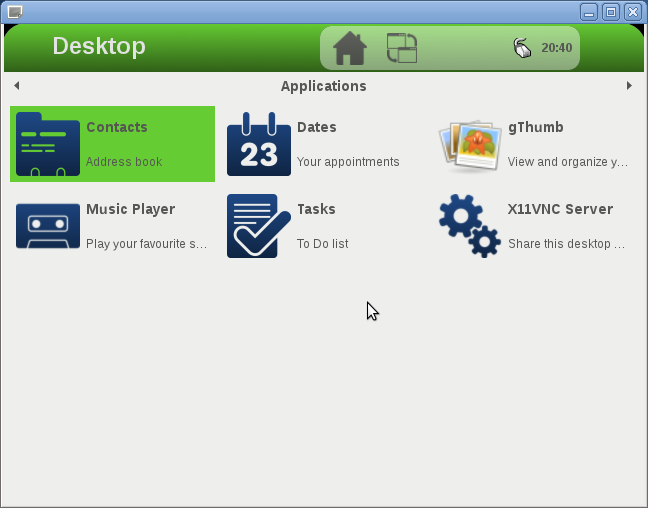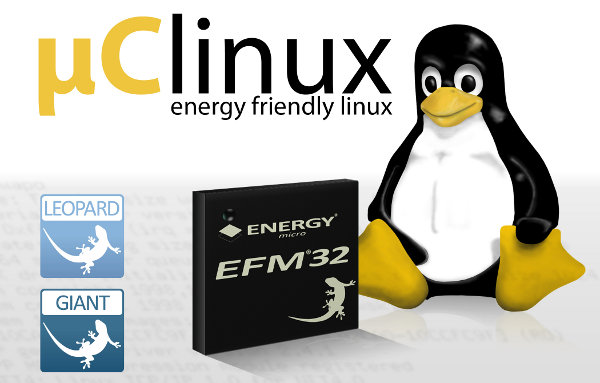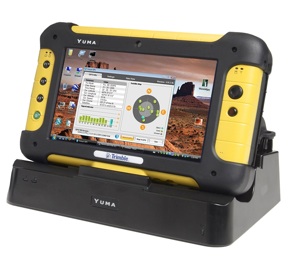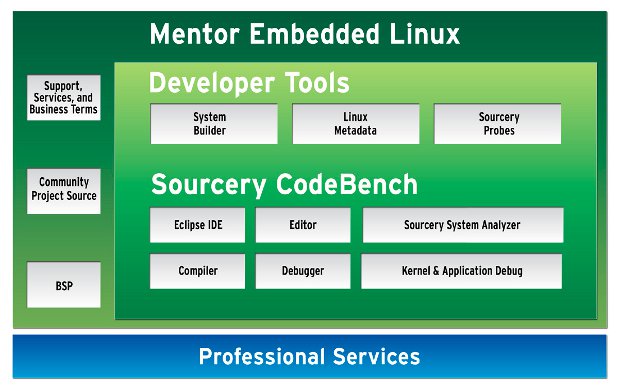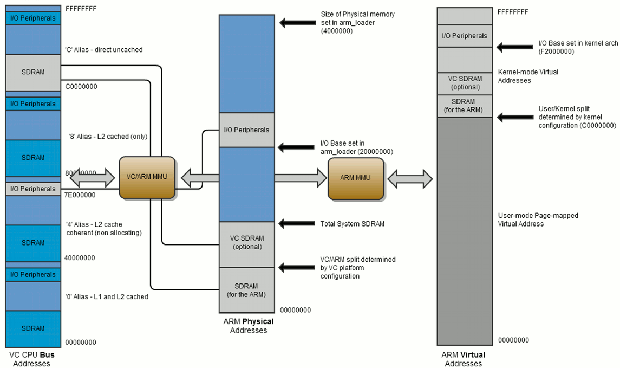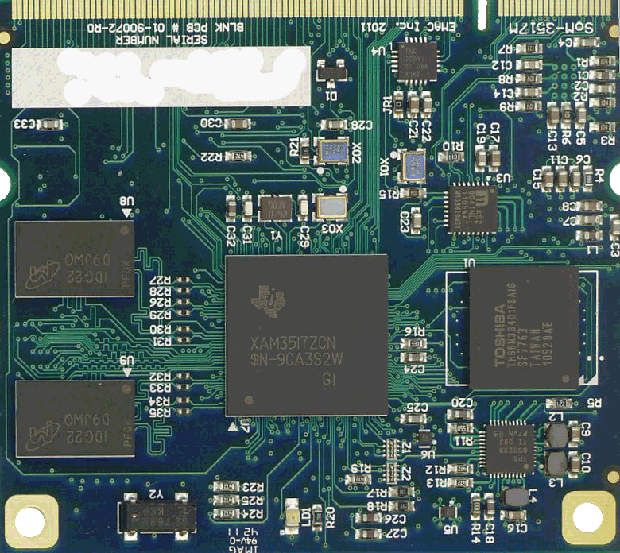There has been a lot of controversy around GPU drivers and open source, as GPU drivers usually come with a blob (a binary file). If you have been lurking in Raspberry Pi forums you’ll know what I mean. But this will change thanks to Lima. No, not the capital of Peru but the open source graphics driver for ARM Mali GPUs (Mali-200 and Mali-400) also called Lima whose goal is stated as follows: The aim of this driver is to finally bring all the advantages of open source software to ARM SoC graphics drivers. Currently, the sole availability of binary drivers is increasing development and maintenance overhead, while also reducing portability, compatibility and limiting choice. Anyone who has dealt with GPU support on ARM, be it for a Linux with a GNU stack, or for an Android, knows the pain of dealing with these binaries. Lima is going to solve […]
Yocto Project Quick Start Guide for Ubuntu
Yocto is an embedded Linux build system used to create a Linux distribution for a specific application/board combination. I’ll describe 2 methods to get started: Building and running a qemu image for x86 from scratch Using pre-built binaries to run the x86 image in qemu This is a shorter version of the longish Yocto Project’s Quick Start Guide. The official guide is more complete (explains all details) and give instructions for several distributions, whereas this guide simply lists each step and is focused on Ubuntu. So you could use this guide to start the build, and during the build (which will last a while), read the official guide to actually understand how it all works. Prerequisites First, you need to use bash instead of dash in Ubuntu:
|
1 |
sudo dpkg-reconfigure dash |
and select “No” to use bash. Then install the required packages with apt-get:
|
1 2 3 4 5 |
sudo apt-get install sed wget cvs subversion git-core coreutils \ unzip texi2html texinfo libsdl1.2-dev docbook-utils gawk \ python-pysqlite2 diffstat help2man make gcc build-essential \ g++ desktop-file-utils chrpath libgl1-mesa-dev libglu1-mesa-dev \ mercurial autoconf automake groff libtool xterm |
Building and running a qemu image for […]
Pengutronix uCLinux 3.2 for Energy Micro EFM32 Cortex-M3 Gecko MCUs
Energy Micro and Pengutronix announced that they will be demonstrating µClinux for Cortex-M3 on the EFM32 Gecko range (Leopard and Giant) of MCU during Embedded World Conference 2012 on 28 February – 1 March 2011 in Nuremberg, Germany. Pengutronix’s port of µClinux features the Linux 3.2 kernel, providing the cost and time-to-market benefits of Linux operating system, while maintaining low current consumption of just 1.6mA when in idle mode. The company explains that using µClinux reduces design cycles and accelerates time-to-market by giving the designer access to ready-made system functions such as IP connectivity, file systems, and multi-tasking. Users can also employ the broad range of free software and drivers available as open source, within a robust, portable open source framework. The teaser video (below) shows that the demo platform (Giant Gecko Development Kit?) uses 4 MB of RAM (755 KB used after boot-up) and the MCU delivers 9.07 Bogomips. […]
Trimble Yuma: A Military-Grade Rugged Ubuntu Tablet
SDG Systems announced an Ubuntu version of the Trimble Yuma, a rugged tablet for the industrial and military applications. The company also sells the product with Windows 7. This tablet enables the use of open source geospatial applications such as GRASS or Quantum GIS, as well as other Linux-based applications. The water- and dust-proof tablet meets the military MIL-STD-810F standard and run Ubuntu 10.04 LTS netbook edition, although the company said other Linux distributions are available on request with a minimum purchase agreement or engineering fee.. Here are the Yuma Trimble specifications: Processor: Intel Atom Z530 1.6 GHz processor Memory: 1 GB DDR2 Storage: 32 GB Solid State Hard Drive Expansion: SDIO memory slot ExpressCard 34mm slot Display: 7″ widescreen 1024×600 WSVGA 650 nit Standard Batteries: Dual hot-swappable Lithium-Ion batteries, 2600 mAmp each Extended Batteries: Dual hot-swappable Lithium-Ion batteries, 5100 mAmp each I/O: USB 2.0 port (x2), 9-pin serial port […]
Mentor Embedded Linux Kits for BeagleBoard and PandaBoard
Mentor Embedded has recently released free Linux Kits for the BeagleBoard (TI OMAP3) and Pandaboard (TI OMAP4) low cost development boards. Both Mentor Embedded Linux (MEL) kits include: Mentor Embedded Linux Lite, a pre-built Yocto-based distribution, including libraries and headers A Linux Board Support Package (BSP) for your reference board A pre-built filesystem for the target Sourcery CodeBench Lite for application development Installation / Application Development Guides Since Mentor Embedded provides the “Lite” version of their kits, some of the tools mentioned in the diagram above (e.g. Codebench IDE, System Analyzer…) are not available in the free kits. After free registration, you can download the 2 kits on Mentor Embedded website: PandaBoard Linux Kit BeagleBoard Linux Kit and you’ll have access to 3 downloads: Mentor Embedded Linux Kit Installer Quick Start guides Source files which are optional. You can get support for the kits via Mentor Embedded Linux mailing list. […]
Raspberry Pi Releases BCM2835 Datasheet for ARM Peripherals
If you have been following Raspberry Pi project, you may have noticed the dearth of documentation related to Broadcom processors. For BCM2835 (The processor used in Raspberry Pi board), Broadcom only has one laconic webpage. But the Raspberry Pi’s “super-team” has managed to get a (partial) datasheet for the SoC showing the details of BCM2835 ARM peripherals which is all that we may need. This would only be useful for people playing around with the Linux (and u-boot) drivers. The document includes details about the processor’s memory map as shown below. It also contains details (registers, implementation details, etc..) about the following ARM peripherals: Timers Interrupt controller GPIO USB PCM / I2S DMA controller I2C master I2C / SPI slave SPI0, SPI1, SPI2 PWM UART0, UART1 You can download BCM2835 datasheet to get the complete documentation. The Raspberry Pi foundation also announced that the boards will be ready on February […]
Opersys Releases Their Android and Linux Training Materials
Opersys has decided to release their courseware under a Creative Common license (CC-BY-SA 3.0). The materials are available in PDF and ODP format for the following classes: Embedded Android – 5-days hands-on class covering Android (AOSP) for Embedded Systems (not only smartphones and tablets) Presentation Slides: PDF | ODP Exercises: PDF | ODT Android App Development – 5-day class to learn how to build your own Android Apps using Google’s SDK Presentation Slides: PDF | Tarball with Beamer files Exercises: PDF | ODT Embedded Linux– 4-days hands-On class learning about cross development, the kernel, the rootFS and the bootloader Presentation Slides: PDF | ODP Exercises: PDF | ODT Linux Device Drivers– 3-days hands-on class about modules, locking, interrupts and memory management, as well as char, block, network and USB drivers training. Presentation Slides:PDF | ODP Exercises: PDF | ODT You can freely use this material to learn more about Android and […]
EMAC SOM-3517M: System-on-Module based on TI AM3517
Emac announced the SoM-3517M, a System-on-Module (SoM) based on TI AM3517 Cortex-A8 processor clocked at 600 MHz. This SOM has an Ethernet PHY included along with 4 serial ports. It supports up to 512MB of external DDR2 SDRAM, 1GB of NAND Flash, 2GB of eMMC Flash. Here are SOM-3517M specifications: CPU: TI ARM Cortex-A8 600 MHZ Fanless processor System Memory: Up to 512 MB of DDR2 SDRAM (default: 256 MB) Storage: Up to 1 GB of NAND Flash (default: 256 MB) UP to 4 GB of eMMC Flash (default: 2 GB) LCD Interface – 16-bit DSTN/TFT Graphics: 2D/3D Accelerated Video w/ Resistive Touch Connectivity: 10/100 BaseT Ethernet I/O interfaces: 4 Serial Ports 2 Full Speed USB 1.1/2.0 Host ports 1 Full Speed USB OTG port 2 I2C and 2 SPI ports I2S Audio port High-End CAN Controller CAN 2.0B Controller Timer/Counters and Pulse Width Modulation (PWM) ports 1 Channel, 12-bit […]



